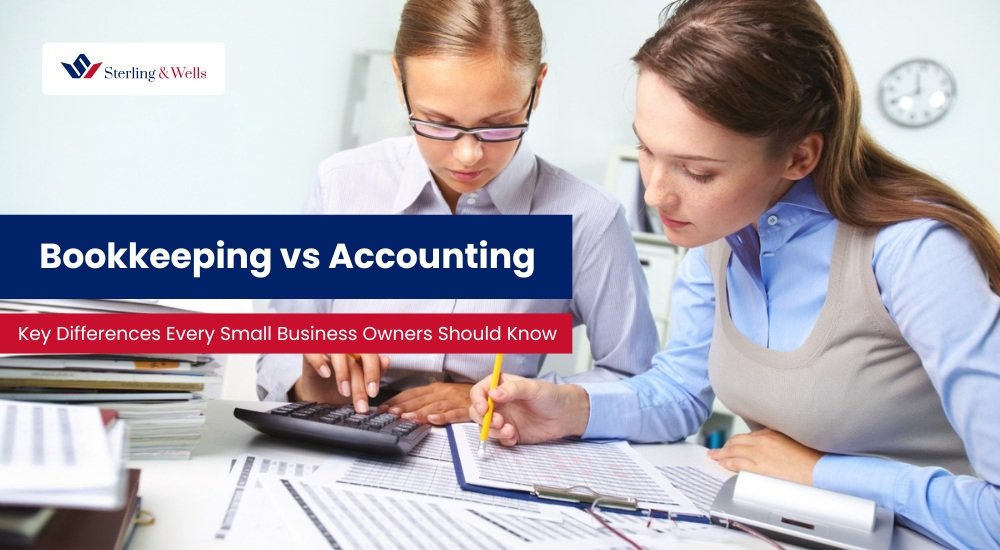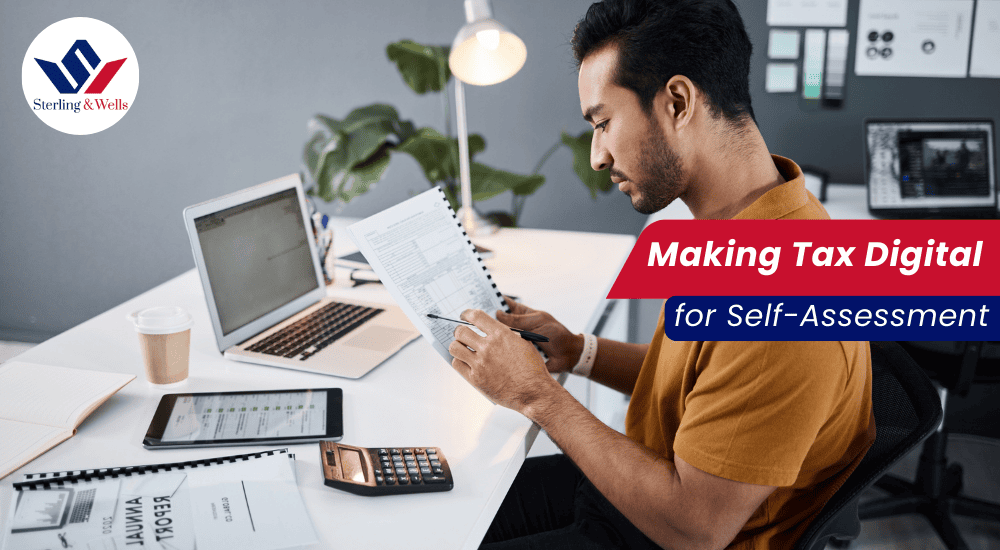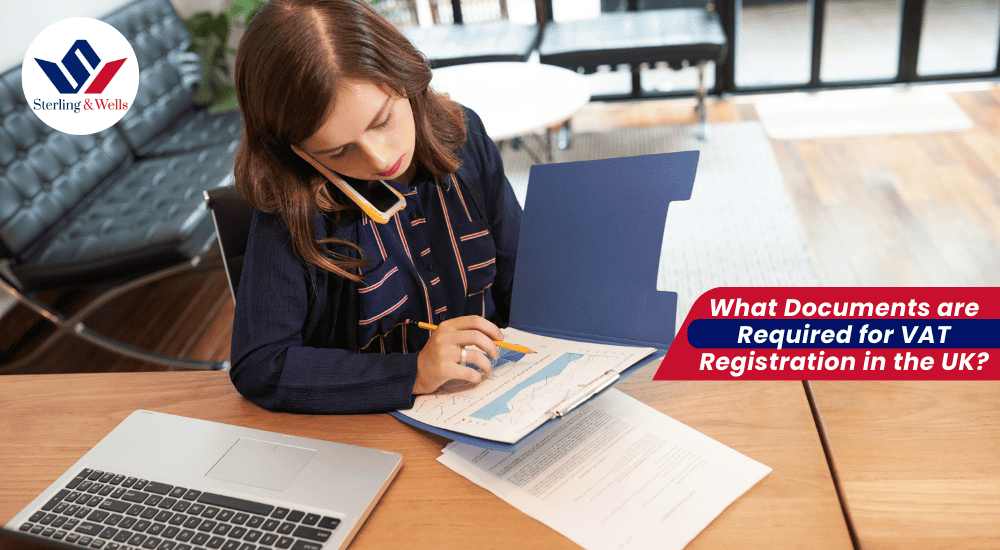Although many small businesses treat bookkeeping and accounting as the same thing, they serve distinct roles in financial management. Recognizing the difference helps ensure compliance with HMRC, reduce errors, and make informed business decisions.
Bookkeeping
Bookkeeping refers to the systematic process of recording the everyday financial transactions of your business including keeping a record of your expenses, sales invoices, payments, and receipts in your accounting system. It further includes balancing the books, reconciling bank statements, and preparing your books for VAT returns.
Accounting
Accounting uses the information from bookkeeping to turn it into meaningful financial insights. Data from bookkeeping is used by accountants to compile the annual company accounts, calculate taxable profit, and file tax returns. Accountants advise on tax and VAT planning strategies, help you stay compliant with the latest HMRC guidelines, and interpret your raw business data to give a bigger picture guiding overall business decisions.
Bookkeeping vs Accounting
Following are the key differences between bookkeeping and accounting:
|
Area
|
Bookkeeping
|
Accounting
|
|---|---|---|
|
Definition
|
Bookkeeping involves capturing everyday transactions and categorising them into appropriate ledger accounts.
|
Accounting involves providing professional analysis and advice based on the data from bookkeeping.
|
|
Objective
|
To maintain accurate and up-to-date records of financial activities.
|
To prepare financial statements, tax returns, and reports for stakeholders.
|
|
Scope
|
Narrow and clerical; focuses on transaction recording.
|
Broad and analysis-oriented; encompasses analysis, reporting, and strategic financial planning.
|
|
Skills Required
|
Basic understanding of financial transactions and attention to detail.
|
Advanced knowledge of accounting principles, financial analysis, and reporting standards.
|
|
Roles
|
Supports the accounting process by providing accurate transaction record
|
Interprets and communicates financial information to stakeholders.
|
Why Bookkeeping vs Accounting Matters to UK Small Businesses
Legal Compliance and Tax Readiness
In the UK, Businesses are required to keep their records for up to 6 years, failure of which can impose a fine of up to £3,000. Bookkeeping ensures that all financial transactions are recorded systematically, while accounting interprets these records to ensure compliance with HMRC regulations. This dual approach helps in timely and accurate tax filings, reducing the risk of penalties.
Informed Decision-Making
Accurate bookkeeping provides a clear picture of a business's financial health, enabling owners to track income, expenses, and cash flow. Accounting takes this data further by analyzing trends, forecasting future financial scenarios, and advising on budgeting and cost control. In summary, bookkeeping gives you clarity on what happened in the past, while accounting shows what it means for your business and what you need to do about it. Together, they support informed decision-making and strategic planning for growth.
Role Evolution
With the rapid growth of cloud-based accounting platforms and the professionalisation of bookkeeping qualifications, many UK bookkeepers have evolved into hybrid roles blending traditional record-keeping with compliance, tax submissions, advisory services that once sat firmly within the accountant’s domain. With the rollout of Making Tax Digital (MTD) by HMRC, cloud accounting has become mainstream. Platforms like Xero, QuickBooks, and FreeAgent now integrate directly with HMRC systems, allowing users to file VAT Returns and Income Tax Self Assessments.
Bookkeeper vs Accountants: Which Does Your Business Need?
Choosing between a bookkeeper and an accountant or deciding whether to manage it yourself comes down to your business’ needs and budget.
If you need help managing day-to-day financial records, a bookkeeper is your go-to. They’ll set up and maintain your bookkeeping system, handle regular entries, reconcile your bank accounts, manage payroll, and submit VAT returns. This ensures your records are accurate and HMRC-compliant—freeing you up to focus on growing your business.

An accountant steps in when you need year-end financial statements, tax returns, or high-level advice. Whether it’s optimising for tax efficiency, preparing reports for lenders or investors, or planning long-term growth, accountants provide the strategic insight your business needs as it scales. They’re essential for complex matters like Corporation Tax, capital allowances, or when you need support with business structure and investment planning.
As your business expands, it might also be beneficial to bring in additional experts such as a credit controller or a chartered tax adviser. Understanding these roles helps you allocate resources wisely where you don’t necessarily need a chartered accountant doing routine data entry, just as you wouldn’t want to rely on a bookkeeper for strategic tax advice. By matching tasks to the right professional, you can save money and get the best expertise.
Conclusion
Understanding the distinction between bookkeeping and accounting is vital for the financial health and compliance of any small business in the UK. While bookkeeping forms the foundation by accurately recording daily transactions, accounting builds on that data to deliver strategic insights and ensure tax compliance. Both functions are interdependent, yet serve different purposes; one focuses on the detail, the other on the bigger picture.
As your business grows, knowing when to involve a bookkeeper, an accountant, or both can help streamline operations, avoid costly mistakes, and support smarter decision-making. By leveraging the right expertise at the right time, you position your business for long-term financial clarity, compliance, and growth.






